John L.A. Lyddane
John has defended technical and high exposure personal injury and property damage cases in the State and Federal courts of New York for over 50 years. He defends medical professionals and entities in malpractice cases, property owners and managers, attorneys, architects, engineers and product manufacturers in highly technical cases.
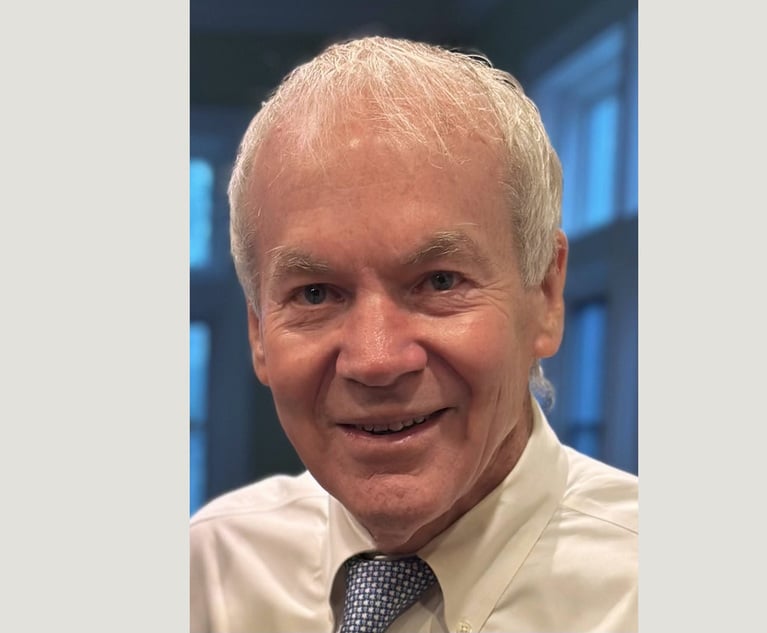
November 18, 2024 | New York Law Journal
Prior Inconsistent Statements and Medical Malpractice DefenseHere we examine some of the concerns for the defense of medical malpractice cases when an issue arises as to the use of a prior inconsistent statement at trial.
By John L.A. Lyddane
7 minute read
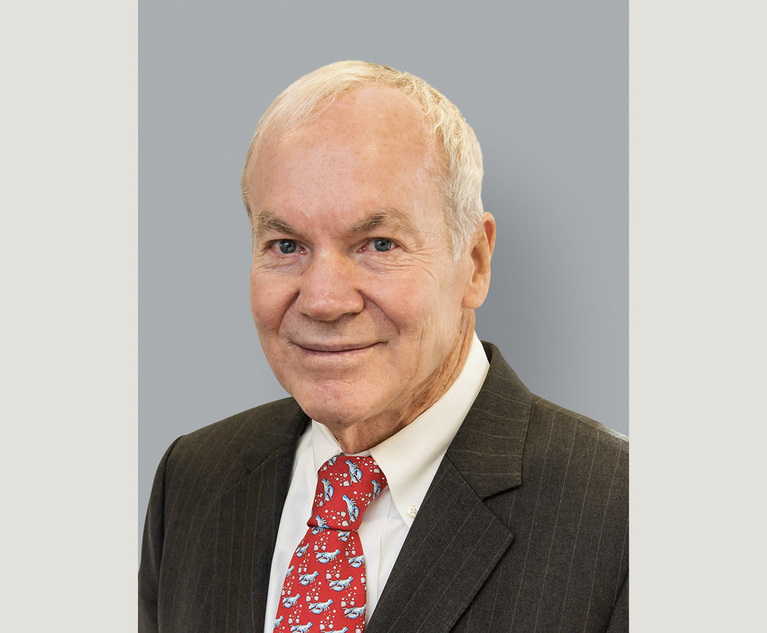
September 16, 2024 | New York Law Journal
Issue Preclusion in Medical Malpractice Defense"Two related purposes of issue preclusion are to ensure finality of decisions and to avoid inconsistent adjudications of identical issues," writes John L. A. Lyddane.
By John L. A. Lyddane
9 minute read

July 17, 2023 | New York Law Journal
Custom and Habit Evidence in Medical Malpractice CasesThere are instances in which the participants in those medical procedures know what happened even if they do not specifically recall it. Courts and counsel need to be prepared to identify those instances when testimony on custom and habit is admissible and who can provide it.
By John L.A. Lyddane
8 minute read

May 17, 2023 | New York Law Journal
Whose Records Are Privileged in Medical Malpractice Cases?The statute provides that unless the patient waives the privilege, the provider shall not be allowed to disclose any information acquired in attending to a patient in a professional capacity, which was necessary to enable the practitioner to act in that capacity.
By John L.A. Lyddane
8 minute read

March 20, 2023 | New York Law Journal
The Need to Identify Distributees in Defending Malpractice Death CasesIn this edition of his Medical Malpractice column, John Lyddane discusses issues relating to the identity of distributees addressed for the first time on post-trial motion and appeal.
By John L.A. Lyddane
8 minute read

January 13, 2023 | New York Law Journal
Vicarious Liability for the Acts of Non-Employed PhysiciansIn this edition of his Medical Malpractice column, John Lyddane discusses how litigation relating to the vicarious liability of healthcare institutions has incompletely refined the attendant issues.
By John L.A. Lyddane
8 minute read
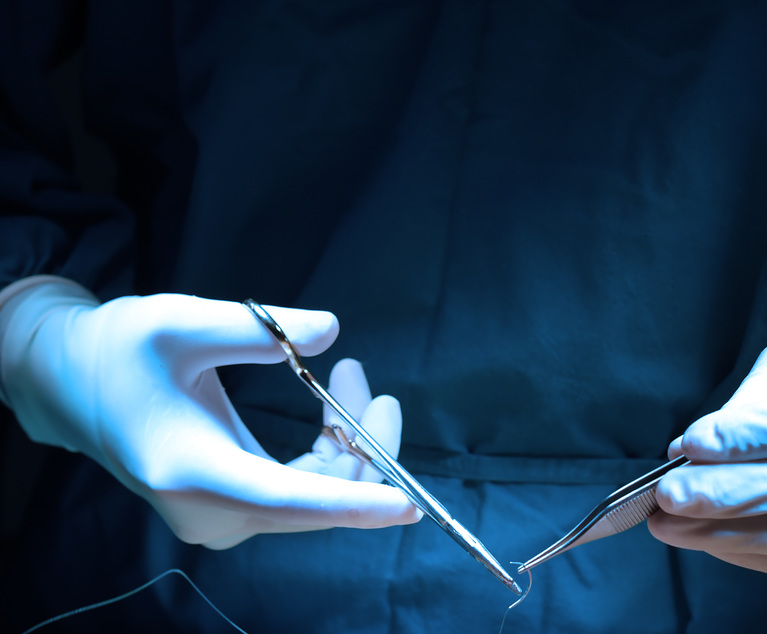
November 14, 2022 | New York Law Journal
Litigating Merit in Malpractice CasesThe opportunity to dispute merit in medical malpractice defense provides an important tool for the representation of your client.
By John L.A. Lyddane
8 minute read

September 16, 2022 | New York Law Journal
The Causation Defense as a Matter of LawThe trial and appellate courts recognize that the causation element is vital to the plaintiff's prima facie case, and that without both factual and expert support for the causal link, there is no issue of fact for the jury. The court will rule on the issue as a matter of law, but it is incumbent upon defense counsel to identify the causation defenses and develop them to provide a basis for their determination as a matter of law.
By John L.A. Lyddane
8 minute read
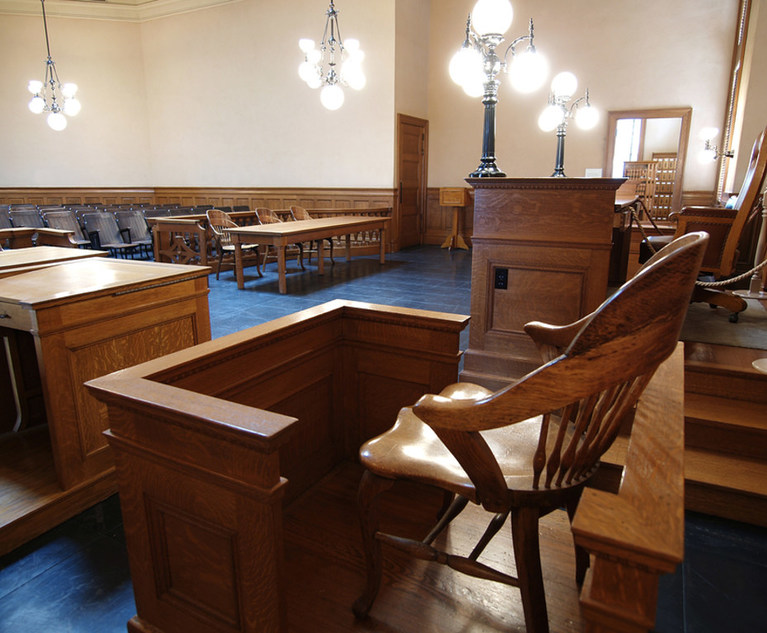
July 15, 2022 | New York Law Journal
The Parameters of Non-Physician Testimony in Medical Malpractice TrialsIn his Medical Malpractice column, John L.A. Lyddane reviews case law relating to how the courts have treated non-physician witnesses in the past in order to predict how a proposed expert will be received. How will the court exercise its discretion on the scope of the admissible testimony?
By John L.A. Lyddane
8 minute read
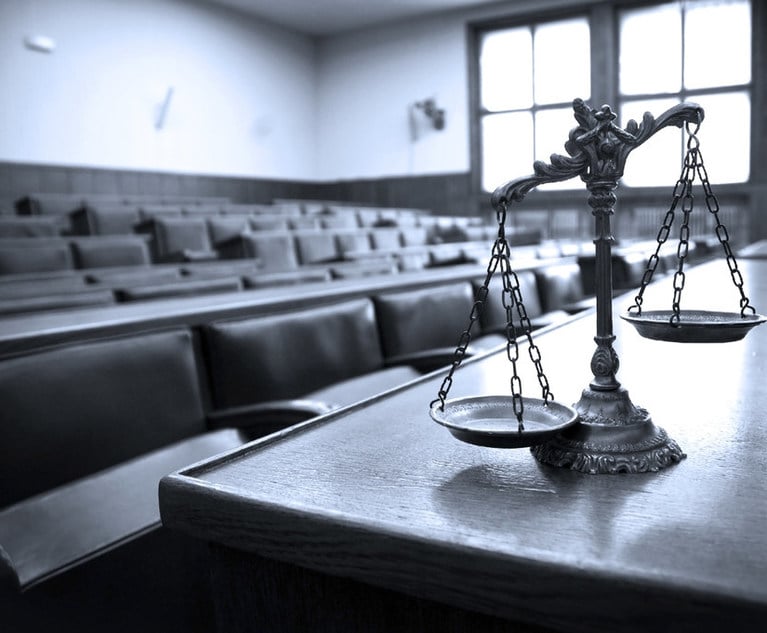
May 16, 2022 | New York Law Journal
The Bill of Particulars Is Your GuideIn his Medical Malpractice column, John Lyddane uses extensive case law to discuss how the Bill of Particulars serves as a valuable guide to avoid prejudice when, for example, new claims and theories of recovery are brought up once a medical malpractice case goes to trial. "When the court is called upon to resolve disputes over the appropriate bounds of discovery, it necessarily examines the Bill of Particulars and the parameters of the claim."
By John L.A. Lyddane
9 minute read
Trending Stories
- 1Call for Nominations: Elite Trial Lawyers 2025
- 2Senate Judiciary Dems Release Report on Supreme Court Ethics
- 3Senate Confirms Last 2 of Biden's California Judicial Nominees
- 4Morrison & Foerster Doles Out Year-End and Special Bonuses, Raises Base Compensation for Associates
- 5Tom Girardi to Surrender to Federal Authorities on Jan. 7
More from ALM
- Scan In Progress: Litigators Leverage AI to Screen Prospective Jurors 1 minute read
- Legal Speak at General Counsel Conference East 2024: Match Group's Katie Dugan & Herrick's Carol Goodman 1 minute read
- Legal Speak at General Counsel Conference East 2024: Eric Wall, Executive VP, Syllo 1 minute read



